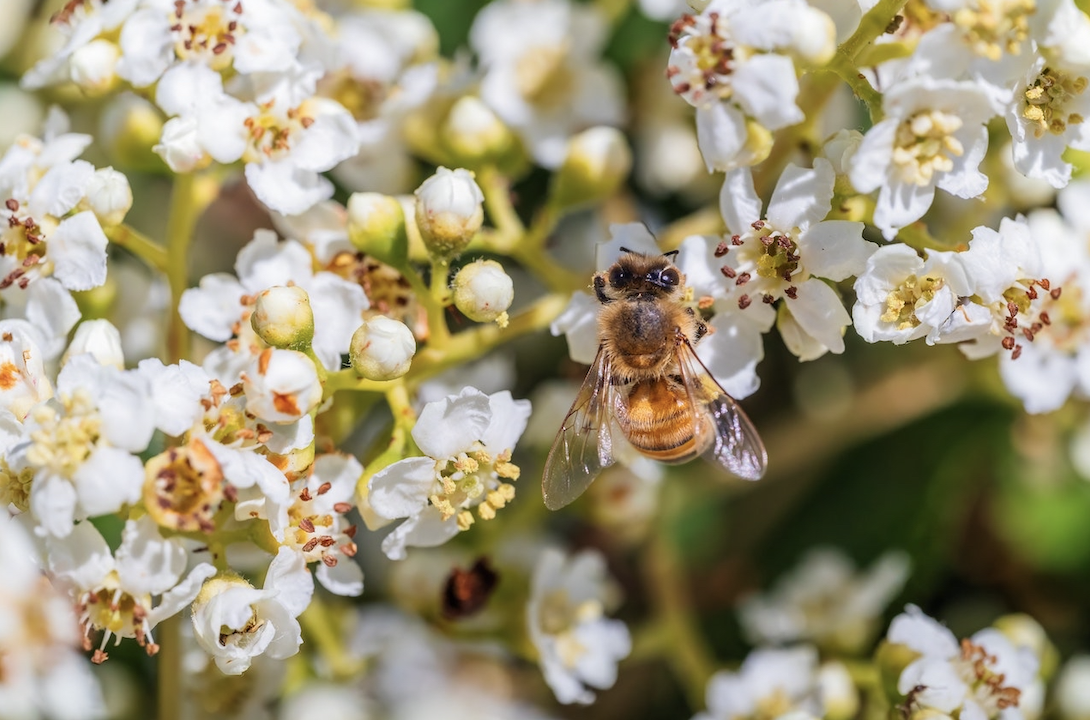Pollinators—such as bees, butterflies, hoverflies, bats, and even birds—are keystone species essential to ecosystem health and global food production. They are responsible for pollinating approximately 75% of flowering plants and around 35% of crops worldwide . Facing threats from habitat loss, pesticides, disease, and climate change, many pollinator species are in steep decline. Biobanking of pollinator genetic material can preserve vital genetic diversity—enabling long-term conservation, agricultural resilience, and future scientific discovery.
The Pollinator Crisis & Biobanking Solutions
Wild and managed pollinators have seen dramatic population losses. For instance, studies show nearly 40% of wild bee species have significantly declined in recent decades (). As pollinators underpin biodiversity by aiding reproduction in up to 90% of wild plant species , their loss triggers cascading ecological consequences. Biobanking offers a proactive solution: cryopreserved DNA, tissues, and reproductive cells secured for future interventions, research, and potential reintroductions.
Field Collection & Sample Preservation
Skytyx employs non-lethal, field-ready protocols to collect pollinator genetic samples—such as wing or leg clips—or, where necessary, single whole-body specimens. Samples undergo rapid vitrification or are preserved at ultra-low temperatures using cryotechniques. This process ensures genetic integrity, even among small-bodied species, alongside rigorous metadata and site recording.
Sequencing & Genomic Analysis
Utilizing high-throughput sequencing, Skytyx builds comprehensive reference libraries of pollinator genomes. Such genomic resources help:
● Identify genes linked to disease resistance, climate resilience, and foraging behaviors.
● Analyze population structure, inbreeding, and connectivity—established genetic markers used in conservation planning .
● Compare historical and contemporary samples (e.g. museum specimens vs. field-collected ones), revealing genetic shifts counteracting habitat fragmentation and climate change .
● Enhance understanding of plant–pollinator co-evolution: whole-genome approaches help decode how traits such as flower shape and scent shape pollinator behavior .
Conservation, Agriculture & Ecosystem Mapping
With pollinator genomics informing habitat needs and genetic health, biobank data supports:
● Conservationists in prioritizing areas with genetically depauperate pollinator populations.
● Restoration efforts by guiding reintroductions of genetically robust native pollinators into farms and wild landscapes.
● Informing agri-tech: genetic insights feed crop management systems, enabling farmers to align pollinator presence with bloom periods. This builds resilience into local food systems and stabilizes yield .
Partnerships, Data Networks & Ethics
Skytyx is forging collaborations with academic institutions, environmental NGOs, and genomic consortia like Biodiversity Genomics Europe—where insect pollinators are prioritized for genome and metabarcoding efforts . Ethical frameworks guide sampling under Nagoya Protocol standards, ensuring benefit-sharing and legal compliance. Data is stored in secure repositories, facilitating cross-institutional projects while safeguarding ecological and community interests.
Future Horizons: Synthetic Biology & Precision Urban Planning
Looking ahead, biobanked pollinator DNA could support cutting-edge initiatives:
● Gene-enhanced resilience: CRISPR-based edits may bolster disease or pesticide resistance—subject to thorough ethical review and ecological impact assessment.
● Eco-engineering: Genetic insights deployed in biological corridors or rooftop gardens to attract native pollinators in urban environments.
● Non-invasive sampling: Techniques such as pollen/environmental DNA metabarcoding allow population monitoring without specimen collection, tracking community diversity over time .
Why This Matters: Genetic Insurance for Ecosystems
Loss of genetic diversity leads to reduced fitness, inbreeding, and vulnerability to environmental stressors . Biobanking preserves functional diversity across pollinator species, providing a form of “genetic insurance.” By capturing razor-fine snapshots of allele frequencies and genomic health over space and time, Skytyx equips conservation and agriculture with resilience tools for the future.
Biobanking for Pollinator Genomics is a strategic, data-driven response to the pollinator crisis. By collecting, preserving, and analyzing genomes of key species, Skytyx establishes a foundational platform for scientific understanding, conservation action, and agro-ecological innovation. Through genomics, bias-free sample banking, partnerships, and visionary applications, we are shaping a future where pollinators thrive—and so does the web of life they sustain.
